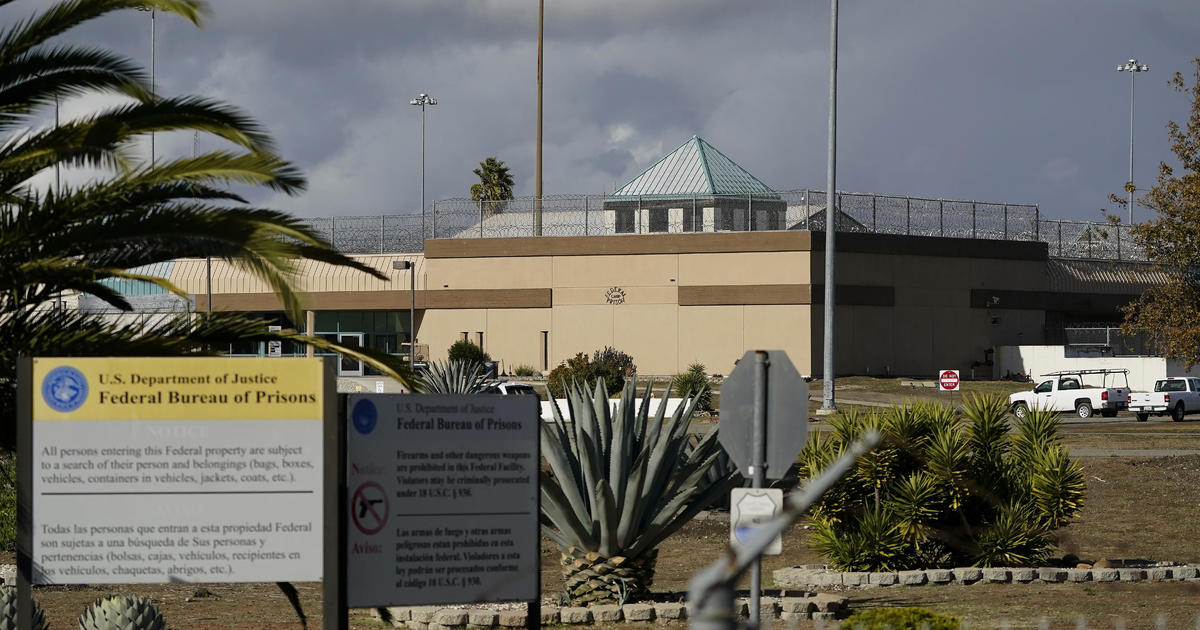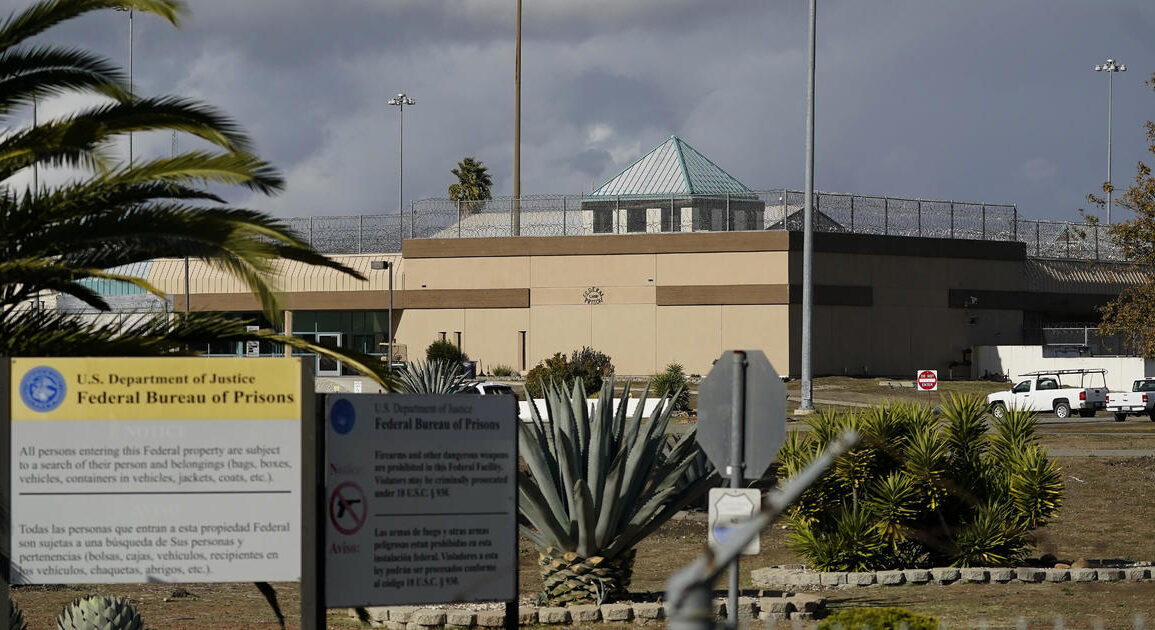
The federal Bureau of Prisons is permanently closing the notorious “rape club” women’s prison in Dublin and will idle six facilities in a sweeping realignment after years of abuse, decay and mismanagement.
The agency informed employees and Congress on Thursday through a notification that it plans to shutter the Federal Correctional Institution in Dublin that has been the center of controversy for a number of years. The bureau is additionally deactivating multiple minimum-security prison camps in Wisconsin, Minnesota, Colorado, Pennsylvania, West Virginia and Florida.
The agency said staff and inmates at the impacted locations will be moved to other facilities.
The document issued by the Bureau of Prisons said it was taking “decisive and strategic action” to address “significant challenges, including a critical staffing shortage, crumbling infrastructure and limited budgetary resources.” The agency said it is not downsizing and is committed to finding positions for every affected employee.
The closures are a striking coda to the Biden administration’s stewardship of the Justice Department’s biggest agency. After repeatedly promising to reform FCI Dublin and other troubled facilities, Bureau of Prisons Director Colette Peters is pivoting to closures and consolidation, citing inadequate staffing and staggering costs to repair aging infrastructure.
The permanent shutdown of FCI Dublin comes seven months after announcing a temporary closure following reform attempts in the wake of staff-on-inmate abuse that led to the “rape club” moniker. At the time, it appeared the agency was set on closing the low-security prison, but officials held out the possibility that it could be repaired and reopened for a different purpose, such as housing male inmates.
The assessment identified considerable repairs necessary to reopen the FCI Dublin, the agency said. Low staffing, exacerbated by the high cost of living in the Bay Area, also contributed to the decision to close the facility, the agency said.
“We understand the impact the closure will have on our employees and are committed to ensuring all are able to continue accomplishing the agency’s mission at other locations,” the statement read.
The prison has been at the center of a years-long investigation. Since 2021, at least eight employees, including a former warden, have been charged with sexually abusing inmates.
Five employees have pleaded guilty. Two were convicted at trial, including former warden Ray Garcia. The case against the eighth employee is pending.
At the time of the closure announcement, FCI Dublin was housing about 600 inmates.
The move comes three years after the agency closed its troubled New York jail in Manhattan after myriad problems came to light in the wake of Jeffrey Epstein’s suicide there, including lax security, staffing shortages and squalid, unsafe conditions such as falling concrete and busted cells.
The Bureau of Prisons and the correctional workers union have repeatedly pushed for additional federal prison funding, highlighting what they say is an inadequate amount of money to address pay increases, staff retention and a multibillion-dollar repair backlog. More than half of federal prison facilities were built before 1991 and many are becoming outmoded or obsolete, the agency said.
The agency said it expects that reassigning employees to remaining facilities will boost retention and cut down on mandatory overtime and augmentation, a practice by which cooks, teachers, nurses and other prison workers are assigned to guard inmates.
FCI Dublin’s permanent closure represents an extraordinary acknowledgement by the Bureau of Prisons that it has failed to fix the facility’s culture and environment in the wake of AP reporting that exposed rampant sexual abuse within its walls. Hundreds of people who were incarcerated at FCI Dublin are suing the agency, seeking reforms and monetary compensation for mistreatment at the facility.
The closures at FCI Dublin and across the federal prison system come amid an AP investigation that has uncovered deep, previously unreported flaws within the Bureau of Prisons. AP reporting has disclosed widespread criminal activity by employees, dozens of escapes, chronic violence, deaths and severe staffing shortages that have hampered responses to emergencies, including assaults and suicides.
In July, President Joe Biden signed a law strengthening oversight of the agency after AP reporting spotlighted its many flaws.
This post was originally published on this site be sure to check out more of their content.









